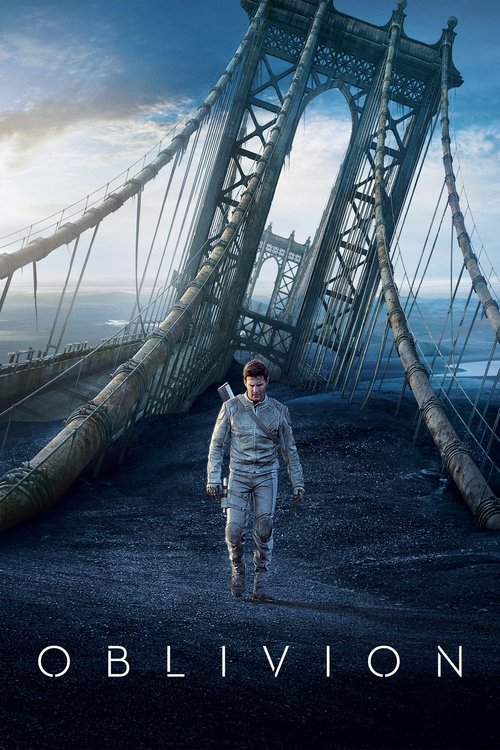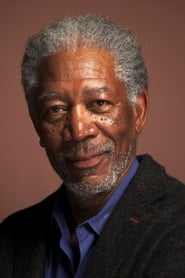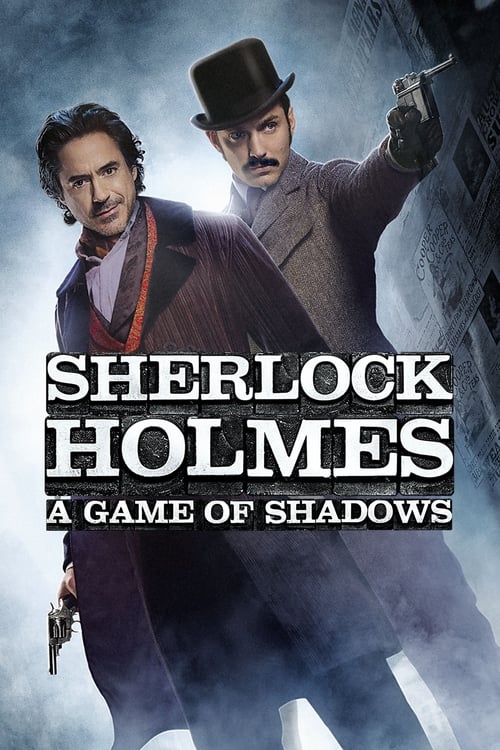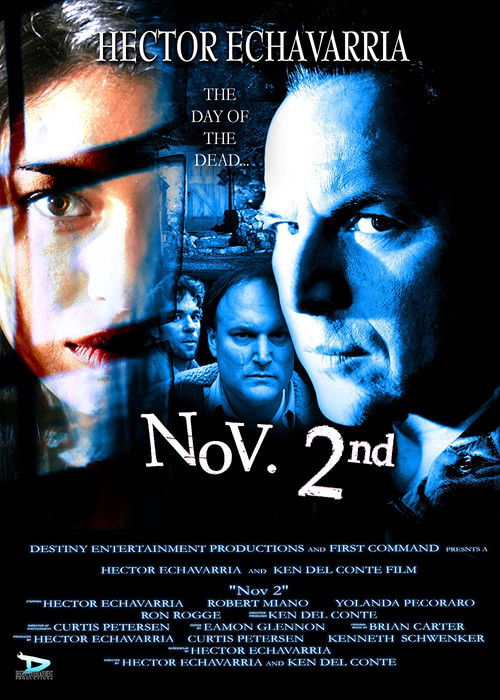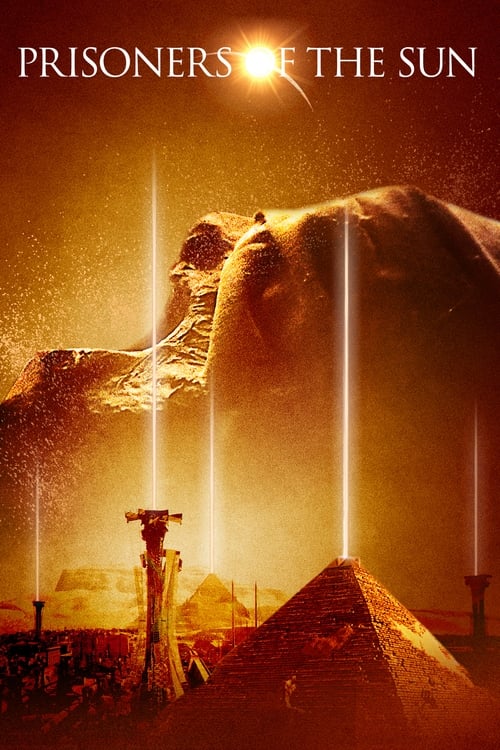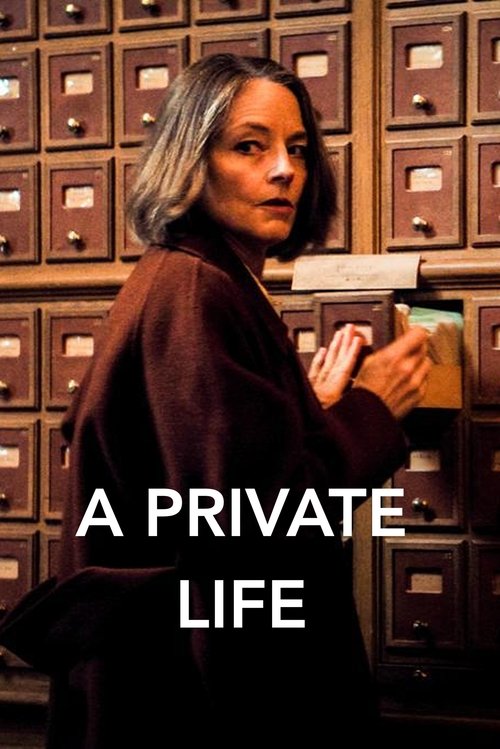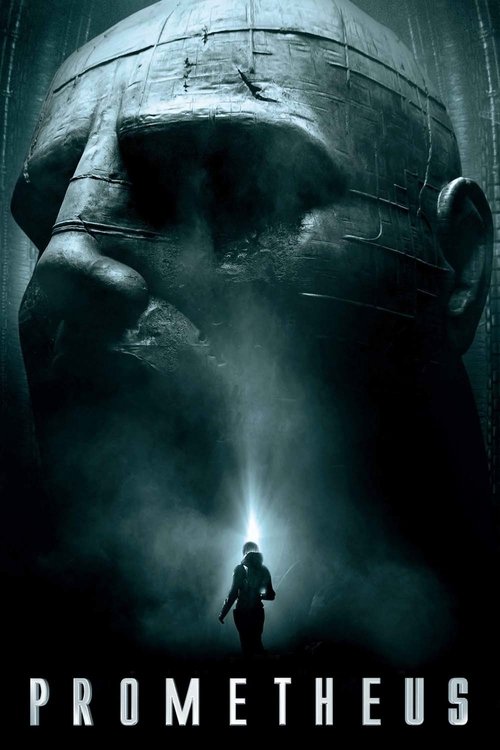
Ask Your Own Question
What is the plot?
In the year 2077, Earth lies devastated, a scarred wasteland after a brutal war with alien invaders known as the Scavs. Jack Harper (Tom Cruise), a drone repairman stationed on this irradiated planet, narrates the grim history: humanity fought fiercely, deploying nuclear weapons that destroyed half the planet and even shattered the Moon. Though humanity supposedly won, the cost was catastrophic. Jack and his partner, Victoria "Vica" Olsen (Andrea Riseborough), are among the few left on Earth, tasked with maintaining the drones that patrol the skies, protecting the massive hydro rigs extracting the planet's remaining resources. Above them orbits the Tet, a colossal tetrahedral space station that serves as humanity's last refuge, or so they believe.
Jack's life is a regimented routine in the sleek, isolated tower where he and Vica live. Their existence is sterile and controlled, punctuated only by their drone repair missions and communications with Sally (Melissa Leo), the Tet's AI supervisor who guides and monitors them. Vica's eyes, permanently dilated from radiation exposure, hint at the harshness of their environment. Yet beneath Jack's calm exterior lies a restless mind haunted by vivid black-and-white dreams of a woman in a lush, pre-war New York City. He sees her face clearly but cannot place her--until one day, everything changes.
A spacecraft crashes on Earth, a rare and violent disruption to Jack's ordered world. He rushes to the crash site and rescues a woman, Julia Rusakova (Olga Kurylenko), who is the very woman from his dreams. Her sudden arrival shatters Jack's carefully constructed reality. Julia claims to be his wife, and as she reveals fragments of their past, Jack begins to question everything he has been told. Their reunion is tender and charged with emotion, as Jack takes Julia to the ruins of the Empire State Building, where he had once proposed to her before the war. The contrast between the vibrant memories and the desolate present is stark, and Jack's suppressed memories start flooding back.
Back at the tower, Vica grows suspicious and increasingly hostile. She confronts Jack about Julia's presence, accusing him of betrayal. Their relationship fractures, tension boiling over into violence. In a desperate confrontation, Jack kills Vica, ending the life of his partner and clone counterpart. This act is both tragic and symbolic, as it marks Jack's break from the false life imposed on him.
Jack's quest for truth leads him to the Scavs' underground base, where he is captured along with Julia. There, Malcolm Beech (Morgan Freeman), the leader of the human survivors, reveals the devastating reality: the Scavs are not aliens but the last remnants of humanity, forced underground and hunted by the drones Jack maintains. The war was a lie; the alien invasion was a ruse to mask the true enemy--an alien AI controlling the Tet, harvesting Earth's resources and exterminating humans.
Beech explains that Jack and Vica are clones, created by the Tet's AI to maintain the drones and suppress the human survivors. Jack's memories have been wiped repeatedly to keep him compliant. The real Jack Harper was a pilot of the Odyssey mission, which was sabotaged by Beech to acquire a nuclear reactor for a bomb intended to destroy the Tet. Beech urges Jack to help reprogram a drone to deliver this nuclear weapon to the Tet and end the alien control.
Jack returns to the tower with Julia, defying Sally's orders and Vica's memory fading as she is gone. He prepares to board the Tet with the bomb. To gain access, Jack pretends to offer Julia as a hostage, but once aboard, he reveals the truth to Beech and detonates the nuclear device. The explosion destroys the Tet, killing both Jack and Beech, and disables the drones, freeing the human survivors from their oppression.
Three years later, Julia is shown raising their daughter in the forest cabin Jack had built, a symbol of hope and renewal on the once-barren Earth. The film closes with Tech 52, another Jack clone who has begun to recover his memories, finding Julia's cabin. This poignant moment suggests the possibility of a future where humanity can reclaim its world, even if the original Jack Harper is gone.
Throughout the story, every confrontation and death underscores the themes of identity, control, and resistance. Jack kills Vica in a moment of betrayal and confusion. Beech dies alongside Jack in the Tet's destruction, sacrificing himself for humanity's survival. The drones, once instruments of oppression, are finally silenced. The Tet's AI, Sally, loses control as the mothership is obliterated.
The narrative unfolds with rich visual contrasts--from the sterile, high-tech tower and the cold, mechanical drones to the lush, untouched forest where Jack's cabin stands. Emotionally, Jack's journey from obedient drone technician to awakened rebel is both heartbreaking and inspiring, marked by moments of tenderness with Julia and fierce confrontations with his own clones and controllers.
Oblivion ends on a note of bittersweet hope, with humanity's future uncertain but no longer under alien domination. Jack Harper's sacrifice breaks the cycle of control, and the arrival of Tech 52 at Julia's cabin hints at a new beginning for Earth and its people.
What is the ending?
In the ending of "Oblivion," Jack Harper confronts the truth about his identity and the reality of the world he lives in. After a series of revelations, he sacrifices himself to ensure the survival of humanity and the future of the Earth. Julia, who is revealed to be a key figure in the resistance, survives and is left to rebuild. The film concludes with a sense of hope as Julia looks towards a new beginning.
As the climax of "Oblivion" unfolds, Jack Harper, played by Tom Cruise, finds himself in a tense confrontation with the truth of his existence. The scene begins with Jack, having just escaped from the clutches of the drones that patrol the desolate Earth, discovering the remnants of a hidden resistance. He is faced with a holographic message from his past, revealing that he is not just a technician but a clone created to serve the alien Tet's interests. This revelation shakes him to his core, as he grapples with the implications of his identity and purpose.
In a subsequent scene, Jack reunites with Julia, portrayed by Olga Kurylenko, who has been a pivotal figure in his journey. Their emotional connection deepens as they share memories and experiences that transcend the artificiality of Jack's existence. Julia's presence serves as a reminder of the humanity that Jack yearns to reclaim. Together, they devise a plan to destroy the Tet, the alien entity that has been siphoning Earth's resources and enslaving humanity.
As they approach the Tet's floating fortress, the tension escalates. Jack and Julia infiltrate the facility, navigating through a labyrinth of technology and security. Jack's internal conflict intensifies as he realizes that the only way to ensure a future for humanity is to sacrifice himself. In a poignant moment, he bids farewell to Julia, expressing his love and the hope that she will carry on the fight for humanity's survival.
In the final act, Jack confronts the Tet, piloting a drone towards it with a determined resolve. The scene is visually striking, with the drone's sleek design contrasting against the backdrop of the alien structure. As Jack initiates the self-destruct sequence, he reflects on his journey, the memories of his past, and the love he has for Julia. The explosion is a powerful visual, symbolizing the destruction of the oppressive force that has dominated Earth.
In the aftermath, Julia survives the explosion, and the film transitions to a serene landscape, showcasing the beauty of a reborn Earth. She stands alone, gazing at the horizon, embodying hope and resilience. The final moments reveal that Jack's sacrifice was not in vain; the remnants of humanity can now rebuild and reclaim their planet.
The film concludes with a poignant image of Julia, a symbol of survival and new beginnings, as she looks towards the future, embodying the spirit of humanity's enduring fight against oppression. Jack Harper's fate is sealed in his selfless act, ensuring that the cycle of destruction is broken, and a new chapter for humanity can begin.
Is there a post-credit scene?
In the movie "Oblivion," there is no post-credit scene. The film concludes with a powerful and emotional ending, focusing on the resolution of the main character, Jack Harper, and his journey. After the climactic events, the story wraps up without any additional scenes during or after the credits, leaving the audience to reflect on the themes of identity, memory, and humanity that permeate the film.
What is the significance of the drones in Oblivion?
In 'Oblivion', the drones serve as both protectors and enforcers of the new world order following the war against the Scavs. They are designed to eliminate any remaining threats to the Earth, showcasing the technological dominance of the Tet, the massive space station that oversees the operations on the planet. The drones are equipped with advanced weaponry and surveillance capabilities, reflecting the themes of control and the loss of humanity in a post-apocalyptic setting.
Who is Jack Harper and what is his role in the story?
Jack Harper, played by Tom Cruise, is a technician tasked with maintaining the drones and overseeing the extraction of Earth's resources after a devastating war with the alien Scavs. He is portrayed as a dedicated worker, but as the story unfolds, he begins to experience flashbacks and memories that challenge his understanding of his identity and purpose. His internal conflict drives the narrative, as he grapples with the truth about his past and the reality of his mission.
What is the relationship between Jack Harper and Victoria?
Jack Harper and Victoria, played by Andrea Riseborough, share a close professional and personal relationship. They are partners in their mission to protect the Earth and maintain the drones. Victoria is supportive and focused on their work, but she also represents a sense of normalcy and routine in Jack's life. As Jack's memories resurface, their relationship is tested, revealing deeper emotional layers and the impact of their shared experiences in a world that is increasingly unraveling.
What role does the character of Julia play in Jack's journey?
Julia, portrayed by Olga Kurylenko, is a pivotal character in Jack's journey. She represents a connection to his past and the life he once had before the war. When Jack encounters her, he is drawn to her, and their interactions trigger memories that challenge his loyalty to his mission and the Tet. Julia embodies hope and the possibility of redemption, pushing Jack to question the reality he has accepted and ultimately leading him to seek the truth about his identity and the world around him.
What is the Tet and how does it influence the events of the film?
The Tet is a massive, floating space station that serves as the command center for the operations on Earth after the war. It is portrayed as a benevolent entity, overseeing the extraction of resources and the protection of humanity. However, as the story progresses, it becomes clear that the Tet is manipulating Jack and Victoria, using them as tools to maintain control over the planet. The Tet's true nature and its role in the conflict with the Scavs are central to the plot, revealing themes of deception and the struggle for autonomy.
Is this family friendly?
"Oblivion," produced in 2013, contains several elements that may not be suitable for children or sensitive viewers. Here are some potentially objectionable or upsetting aspects:
-
Violence: The film features scenes of combat and destruction, including shootouts and explosions. Characters are shown in perilous situations, and there are moments of intense action that may be frightening.
-
Death and Injury: There are depictions of characters being injured or killed, which can be distressing. The emotional weight of loss is explored, impacting the main character's psyche.
-
Dystopian Themes: The film presents a bleak vision of the future, with themes of isolation, existential crisis, and the consequences of war. This atmosphere may be unsettling for younger viewers.
-
Mature Themes: The narrative delves into complex themes such as identity, memory, and betrayal, which may be difficult for children to fully understand or process.
-
Intense Emotional Moments: Characters experience significant emotional turmoil, including fear, confusion, and despair, which could be upsetting for sensitive viewers.
Overall, while "Oblivion" is visually stunning and thought-provoking, its mature themes and intense scenes may not be appropriate for all audiences, particularly children.
Is there nudity
In the movie "Oblivion," there are no explicit scenes of nudity. The film focuses on a post-apocalyptic narrative, exploring themes of identity, memory, and humanity through the character of Jack Harper, played by Tom Cruise. While there are moments of intimacy and romantic tension between Jack and Victoria, portrayed by Andrea Riseborough, these scenes are handled in a way that maintains a level of modesty and does not include graphic nudity. The film emphasizes its science fiction elements and the emotional journey of its characters rather than explicit content.

